I don’t think I have had cause to write about the hotels market once since I returned to Property Week nearly two years ago - and now two significant stories come along in one week.

The question is: what do they tell us about the health of the sector?
The outlook was decidedly mixed a few weeks ago.
On the one hand we had CBRE research noting that hotel transaction turnover had declined by 58% in the first quarter as investors awaited the outcome of the EU referendum.
On the other, Knight Frank was looking back at the record-breaking £5.8bn invested in hotels in 2015 and predicting there would be “significant market opportunities” in 2016 through the break-up of portfolios and increasing sale-and-leaseback activity, despite all the disruption.
So with news that a member of the Saudi royal family is lining up a bid to buy Grosvenor House and that Arora has bought out its partner in the InterContinental at the O2 Arena in London, is Knight Frank right to be bullish? After a marked slowdown in activity in recent months, are investors seeking the comfortable duvet of long-term defensive assets and checking back into hotels?
Well, yes and no.
If Grosvenor House does sell for £600m, it would be the biggest single hotel deal ever to have been struck in the UK and would provide a significant fillip to this year’s investment figures.
Luxury or necessity?
However, you can’t read much into it about the state of the luxury hotel sector as it’s pretty much as forced a sale as you can get. Sahara’s billionaire founder Subrata Roy has been languishing in jail for the past two years and wants the money to pay his bail.
Overall, luxury hotel transactions have been few and far between as investors seek value for money. Consider the number of London hotels reported to have been pulled from the market recently, such as the Rosewood (comparable to Grosvenor House in terms of price).
Other deals either taking ages or on ice include: Cola Holdings’ £350m Kensington Close hotel and GLH’s £100m Thistle Kensington Gardens, which have both been on the market since October, and Frogmore’s £80m South Place in the City, which didn’t sell last year and recently came back on the market with new agents.
The O2 deal bucks the trend and Arora seems to be quite opportunistic at the moment, having bought a Hilton hotel at Stansted and redeveloped a hotel at Heathrow. But it is the exception that proves the rule.
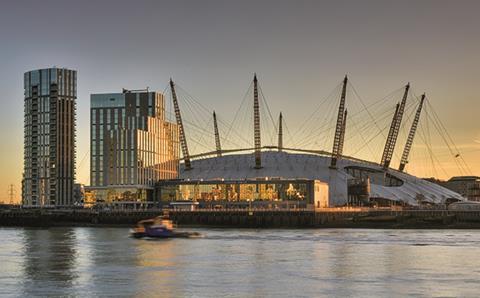
Most activity has been focused on smaller deals, budget hotels, European portfolios and serviced apartments, which all seem to be holding their own.
Indeed, the biggest transaction in the UK this year so far is Lone Star’s sale of the Atlas portfolio (45 Holiday Inn Expresses) to London & Regional for £575m in April.
Generally, while we’re not hearing of many hotel deals with Brexit clauses, sellers that can afford to wait appear to be doing just that, certainly at the luxury end of the market.
Only after 23 June will we get a clearer picture of whether they really do want to check out - and how interested investors are in checking in.
























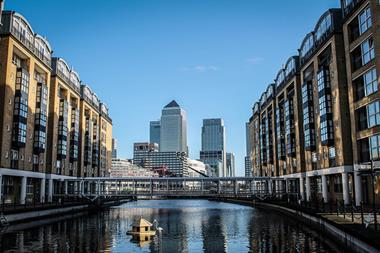
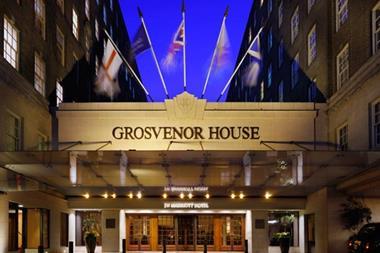
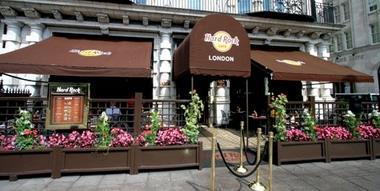
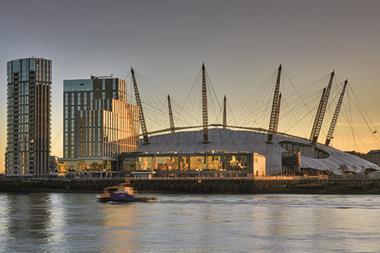
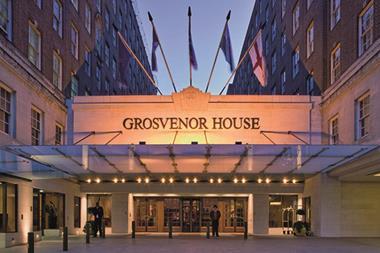
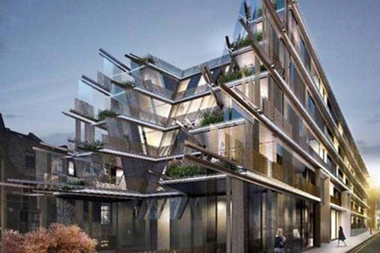
No comments yet